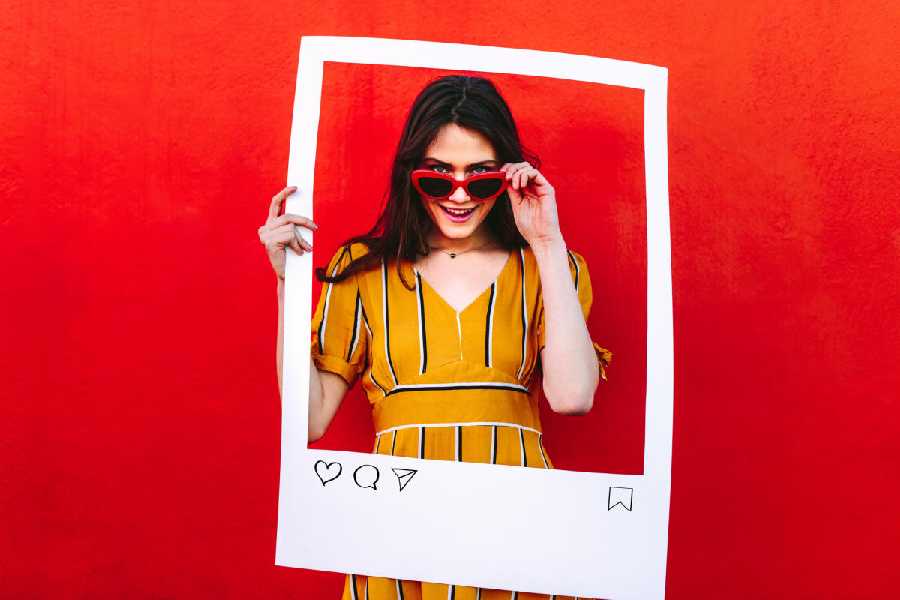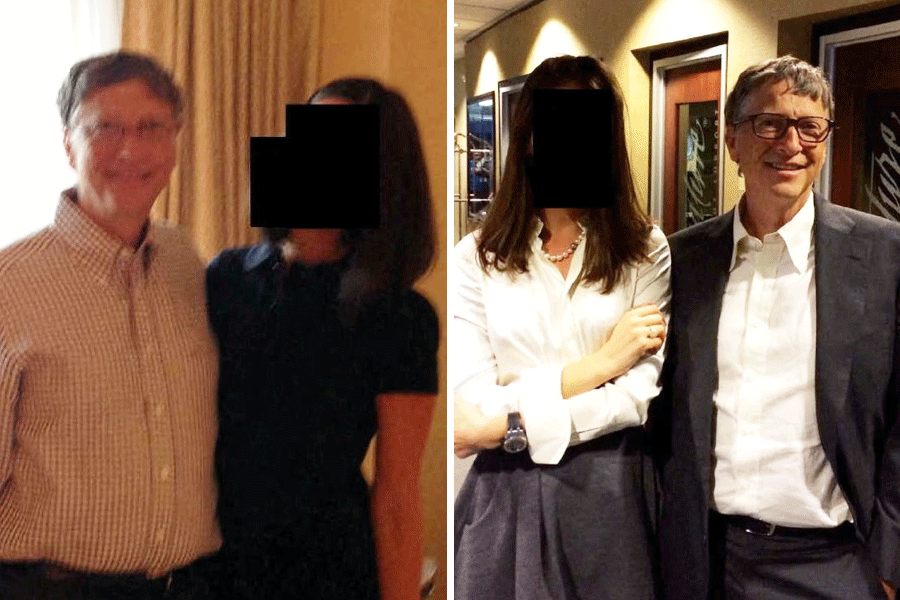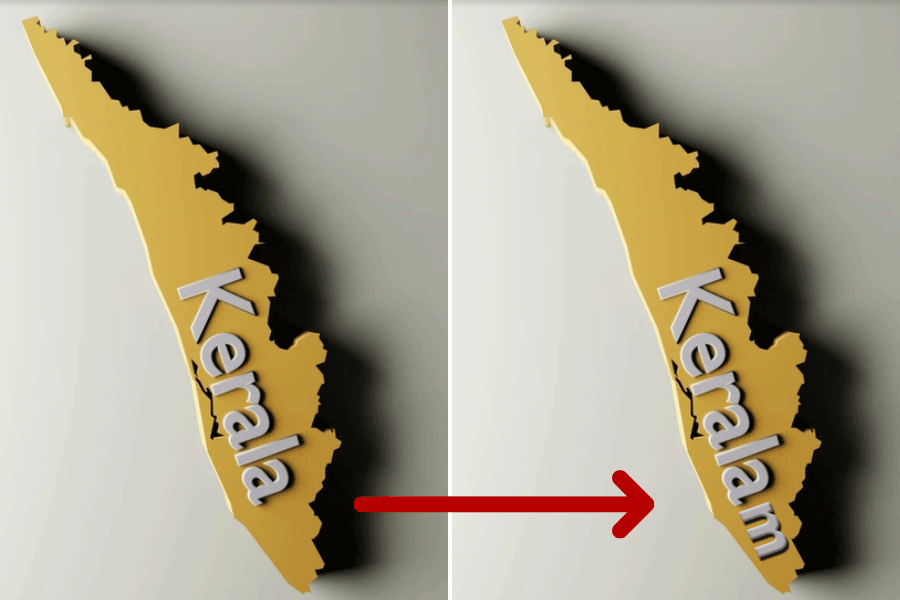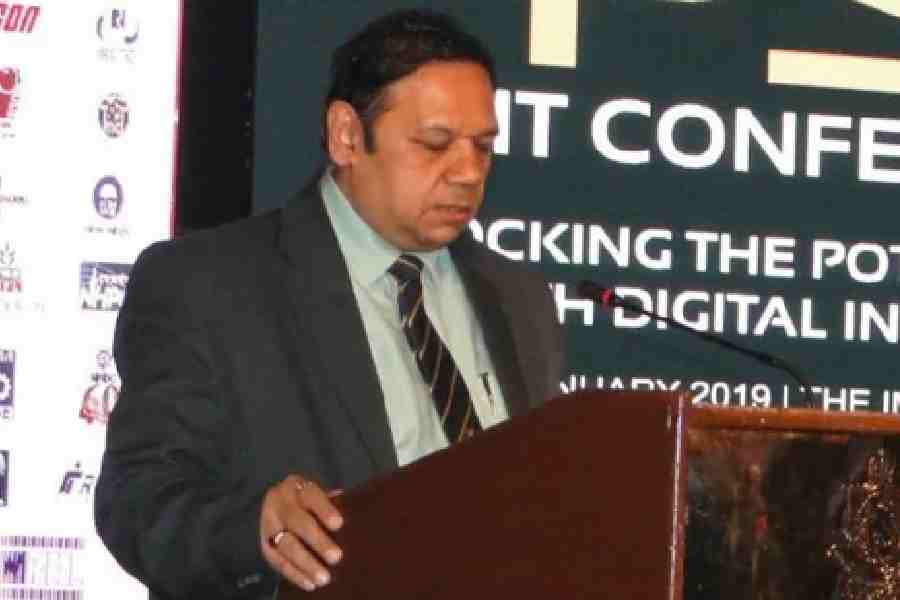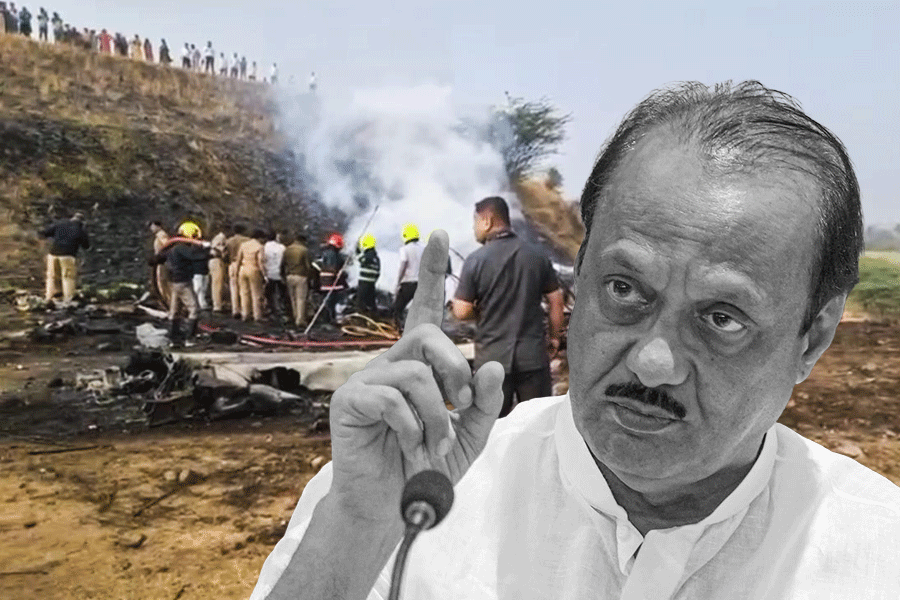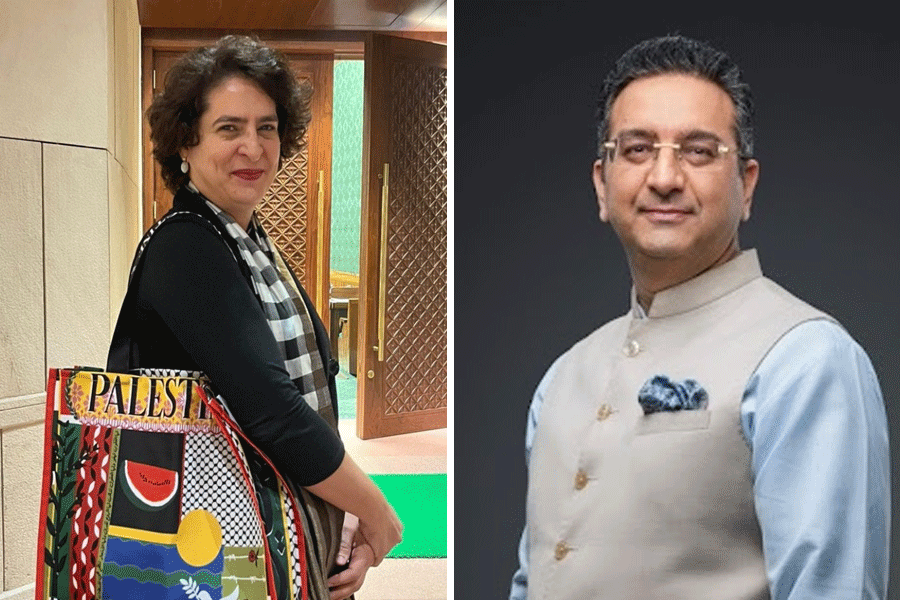“Since the time I became an [Instagram] addict, I have ended up purchasing products worth thousands of rupees, only to realise months later that I didn’t need them. I was made to feel that way. I started to feel I wasn’t pretty enough. I needed all those lipsticks to correct my blackened lips and that mascara to make my eyes look bigger… I ended up falling prey to it, losing a lot of money and a bit of my confidence,” said Shreya, a 23-year-old student of journalism at Delhi University, while describing her ‘addiction’ to Instagram, the social media platform, through which countless
Indian women set out to explore and experience virtual reality in a myriad ways. Each of them has their own story to tell.
India, with 362 million users, is home to the biggest chunk of users of this Meta application. With a large female audience aged between 18-34, young women join Instagram for different reasons — ranging from peer pressure, the need to make social connections, a zeal for self-expression to commercial purposes such as content creation and running small businesses. But not all of them experience the world of Instagram in similar ways. While some end up achieving the goals they had set for themselves, others return disappointed, frustrated or even traumatised. Suman, a 29-year-old lawyer based in Bengaluru says she joined Instagram “to break out of the shell”. “I have had a conservative upbringing. I was constantly monitored in terms of my appearance, speech and actions… I came here to express myself. Now I spread legal awareness through my page. I also end up posting a few sneak peeks into my personal life and a few pictures. I feel better. People appreciate me and that is all that matters.” Suman is one of those women who have had a relatively healthy experience on Instagram. Apart from a few unsolicited direct messages from unknown accounts, she has never had any trouble with it.
However, for several other women, Instagram became their only source of validation. And quitting is not an option. For Ahana, a 27-year-old social media manager at one of the leading news magazines in Noida, Instagram came as a saviour and ended up becoming the tormentor. “I was going through a breakup… I needed something to distract myself. So I joined Instagram in 2020. We were locked inside homes. I used to get attention from so many men and honestly, I enjoyed it. But slowly it became my source of confidence.” As a social media manager, she found it difficult to separate her professional tasks from her personal urges to use the platform. Coming from a family marked by domestic violence and a narrow friend circle, Ahana found a friend on Instagram. “I used to put up so many stories and spend hours editing pictures… And if they didn’t get the expected response, I would become anxious. This still happens to me. I realised that pictures don’t do as good and hence I shifted to reels. But I sometimes feel very exhausted. Too much screen time gives me headaches. Sometimes, I feel pukish.” On being asked whether she has tried leaving the platform or reducing her engagement time, she said this makes her anxious, as if she is missing out on the world and the ‘community’ of followers she made online. Ahana’s story and those of several other women reveal that social media traction has become a substitute for the gendered neglect and the lack of support that they have had to put up with. ‘Likes’, ‘shares’ and ‘comments’ have become newer ways of seeking social validation, which momentarily fills the personal void that many young women experience today.
Given the newly-emerging ‘economy of attention’, the market has found a way to profit from the insecurities that come with being a woman. Shreya was one of those worst affected by such ‘Instagramic’ representation of ideal beauty and bodily standards. “Algorithms too seem to be gendered to me. I watched a couple of reels about gyming and my feed was flooded. I know I am not the ideal body type. And I am trying to work
hard. But the flood makes me more insecure of myself,” said Radha, a 32-year-old researcher dealing with the Polycystic ovary syndrome. Radha faces serious body-image discomfort and being on Instagram has compounded the crisis for her. She has been a victim of fat-shaming by people unknown to her. The anonymity that social media provides makes women particularly vulnerable to online abuse, harassment, misogyny, hate and trolling, adversely affecting their mental and emotional well-being.
It becomes even more cruel for women who come from marginalised religious and caste identities. Afiya, a 22-year-old student activist in one of Delhi’s leading educational institutions, complains: “They comment on my clothes and my facial features. They ask me… why do you wear this? Why do you eat this? Why do you read this? My DMs are filled with explicitly outrageous messages — sexist in nature with hate against me and my religion. It makes me feel sick. There are weeks when I don’t open my DMs. It enrages me.” In a politically-charged atmosphere where women from minority communities have become easy targets for right-wing misogyny and hatred, Afiya’s story is not an exception. Rather, it has become the norm, especially for Muslim women who are taking the lead in telling their own stories and shaping their destinies at a time when Hindu nationalism is ascendant. Life is no different for Kirti, a 34-year-old scientist working with a research institution in Bengaluru. She describes her caste location as ‘oppressed’ as she continues to face casteist abuse on Instagram for ‘showing off’ her ‘luxuries’. “When I share posts about attacks on reservations, they ask me — why do you need reservation? You already have everything. They call me names… It makes me numb and I don’t have the energy to explain to these people — anonymous and known — about the nature of my oppression.”
Unlike other social media platforms like X (formerly Twitter) and Facebook, Instagram is primarily an image-centric medium, which operates largely through pictures and reels. As more and more women feel attracted and simultaneously disillusioned by the platform, their multi-faceted experiences tell a story of how gendered social realities overflow into the virtual world and dictate women’s experiences.
Khushbu Sharma is pursuing PhD at Centre for Political Studies, Jawaharlal Nehru University, and working as a research affiliate with the University of Sheffield, UK

